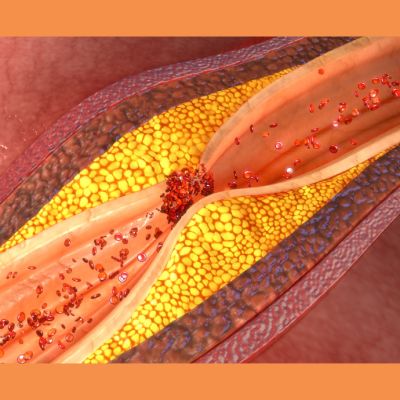A team of researchers, including Drs. Gargani L, Corbisiero A, Frassi F, Poggianti E, Mottola G, and Bedetti G, examined 20 consecutive in-hospital patients who underwent, within 15 and in random order, 2 ultrasound examinations for ULCs by 2 observers with different specific expertise and different technology: 1) "high-tech veteran": ULCs assessment with full feature echocardiographic platform (HP Sonos 7500 Philips Medical Systems, Andover, MA, USA) by a trained echocardiologist, with [greater than or equal to]2 years expertise in ULCs assessment and accredited by the European Association of Echocardiography; 2) and a "low-tech beginner": ULCs assessment with hand-held echocardiography (Optigo; Philips, Andover, MA) by an echocardiographer with very limited (30) dedicated training on ULCs assessment. In each patient, ULC score was obtained by summing the number of comets from each of the scanning spaces in the anterior right and left hemithorax, from the second to the fifth intercostal space.
There was a significant, tight correlation (r=.958, p<0.001) between the 2 observations in the same patient by "high-tech veteran" and "low-tech beginner".
Results show that ULCs are equally reliable in the hands of highly experienced echocardiologists using full feature echocardiographic platforms and in the hands of absolute beginners with miniaturized, compact, and battery-equipped echocardiographic systems. From the technological and expertise viewpoint, ULCs are the "kindergarten" of echocardiography, ideally suited for bedside evaluation of patients with both known or suspected heart failure.






















